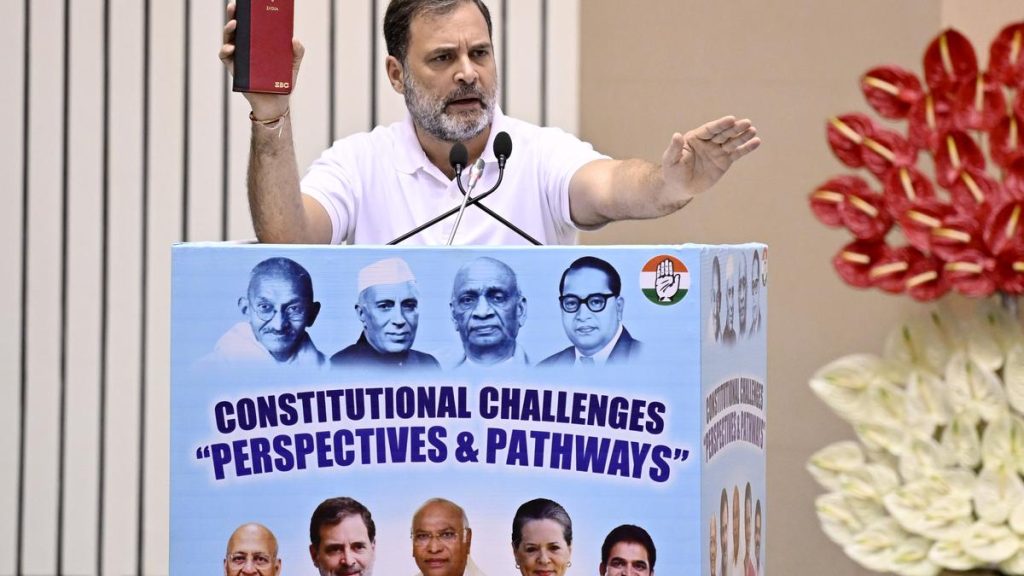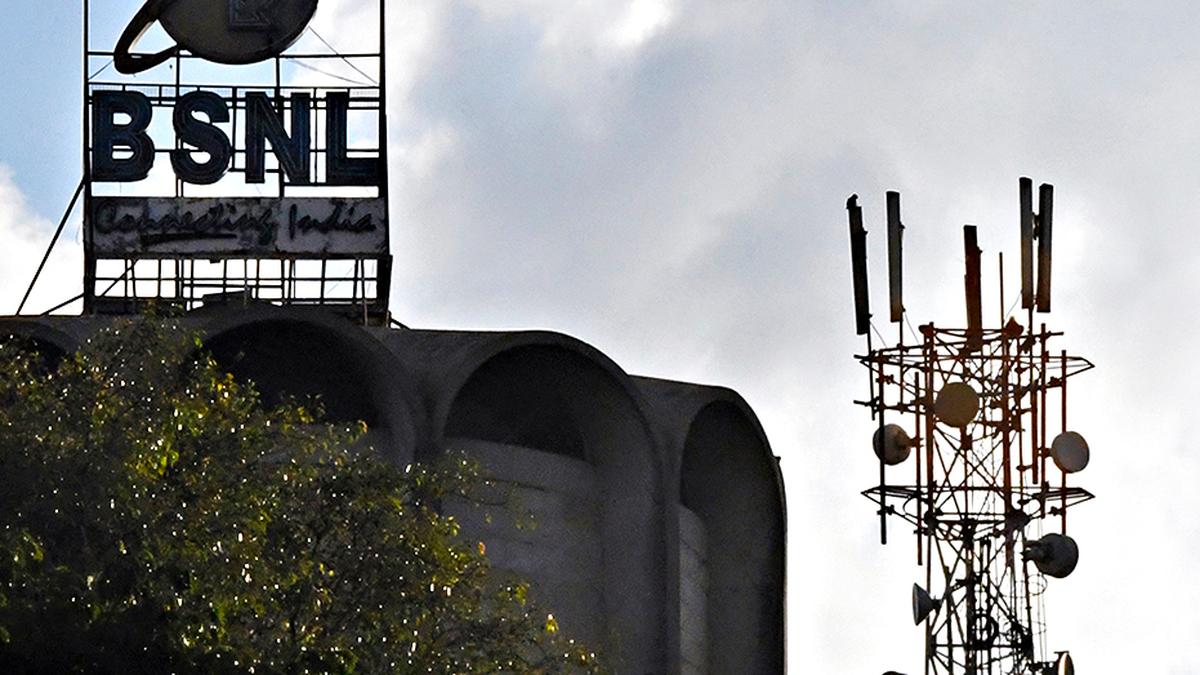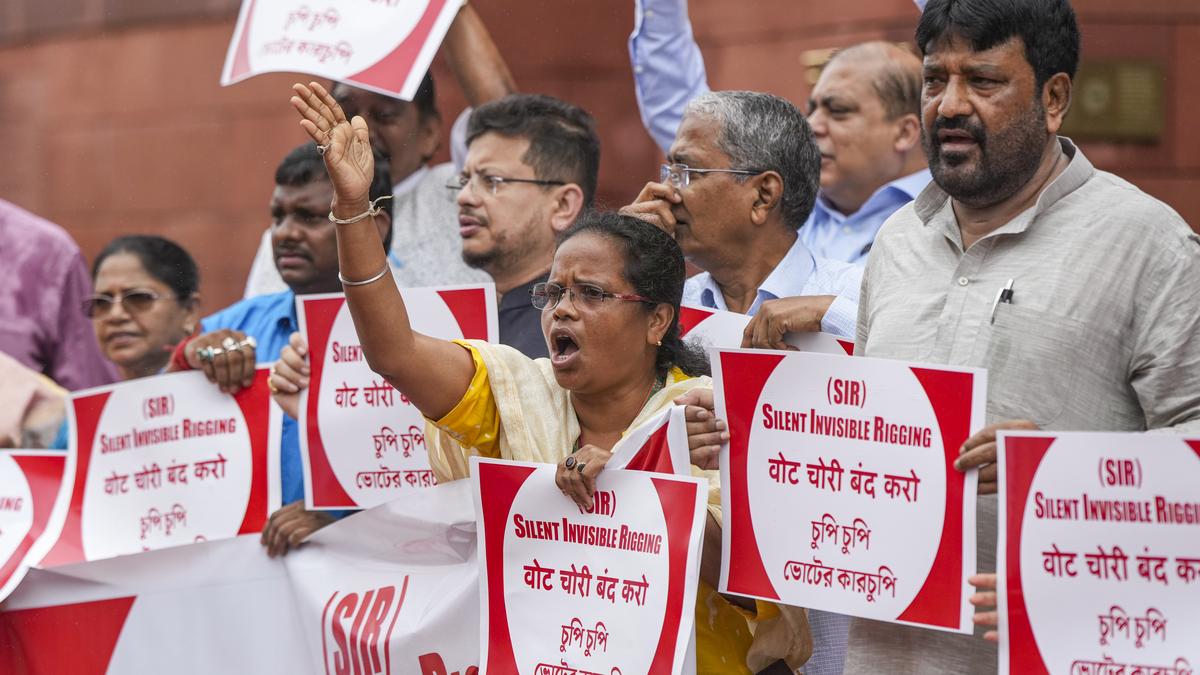Now Reading: Karnataka Secures Second Spot for EV Charging Stations on National Highways
-
01
Karnataka Secures Second Spot for EV Charging Stations on National Highways
Karnataka Secures Second Spot for EV Charging Stations on National Highways
Swift Summary:
- Highway EV Chargers: Karnataka has 489 public EV charging points along its national Highway network, ranking second in India after Uttar Pradesh (507 stations). Maharashtra (459), Tamil Nadu (456), and Rajasthan (424) follow.
- Nationwide Stats: India has a total of 4,557 EV charging stations across 146,342 km of National Highways.
- Urban Infrastructure Leadership: Karnataka leads with 5,880 public EV charging points statewide-4,626 located in tier-1 cities like Bengaluru.Nationwide urban figures stand at 26,367 chargers overall.
- Policy Highlights: Karnataka introduced IndiaS first dedicated EV policy in 2017. The State Budget for FY 2025-26 includes initiatives like an EV testing track and a manufacturing R&D hub targeting ₹50,000 crore investments and one lakh jobs.
- Public Transport Electrification: Karnataka plans to deploy 14,750 electric buses under various schemes; Bengaluru’s BMTC will receive ~9,000 of them.
- Key Challenges & Expert viewpoints:
– Experts emphasize improving interoperability among chargers and real-time availability data to enhance user experiance.
– Expansion into tier-2/3 cities and interior roads is cited as crucial for widespread adoption.
Indian Opinion Analysis:
Karnataka’s dominance on both highway and urban electric vehicle infrastructure underscores how strategic early-policy formulation can create substantial long-term advantages. The leadership stems from its proactive steps since introducing an EV-specific policy in 2017-a benchmark that other states could replicate.
While the State ranks second nationally for highway chargers behind Uttar Pradesh’s marginal lead, the focus on dense urban networks contributes considerably to consumer confidence within cities like Bengaluru. Expansion efforts into underserved areas show promising inclusivity-but nationwide uniformity remains lacking.Scaling efforts such as deploying electric buses must address practical challenges like real-time charger availability or revenue models standardizing tariffs through private-public collaboration-the next logical step toward mass electrification. As experts noted herein,achieving widespread parity akin to petrol pump accessibility could drive mainstream consumer adoption faster across India.
For clean mobility aspirations tied closely with economic growth potential through R&D hubs or job generation incentives-a model worth emulating across states awaits wider uptake for sustainable advancement goals integration across policymaking processes.






















